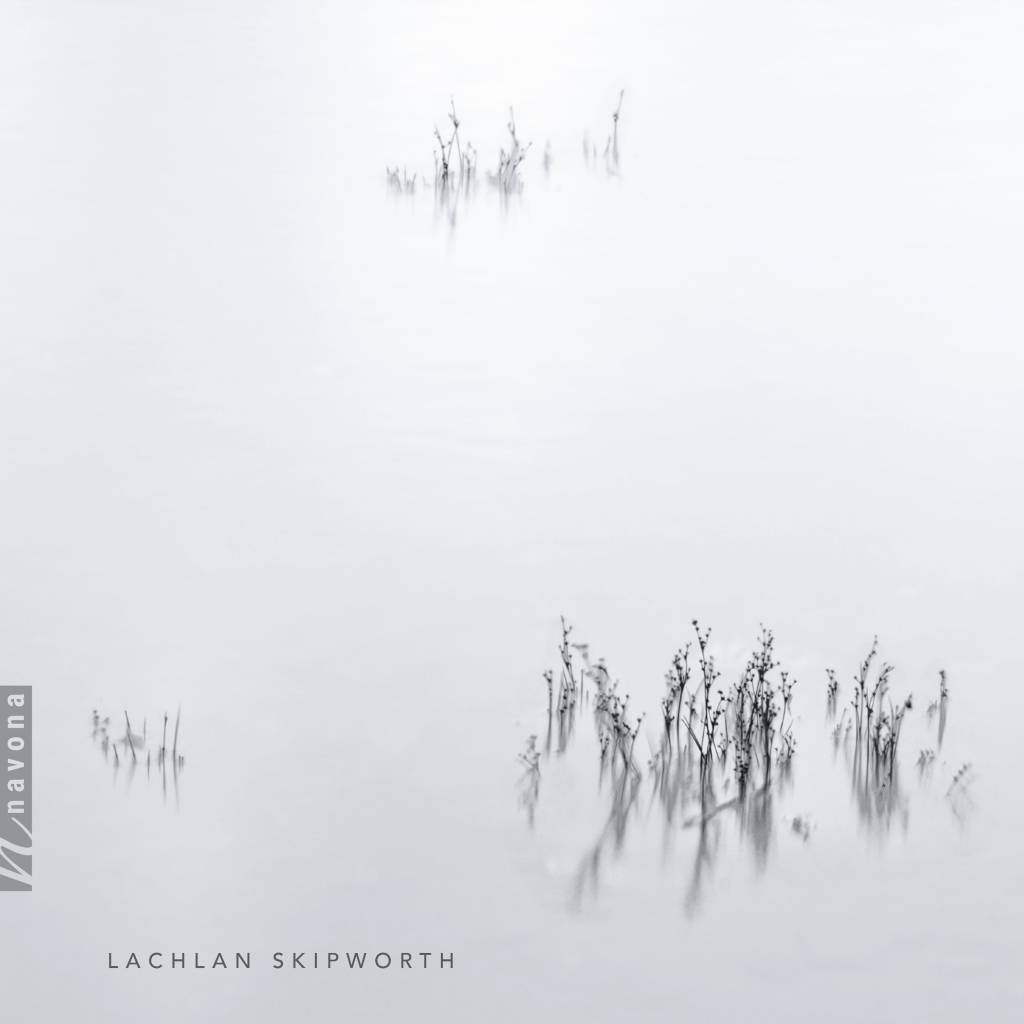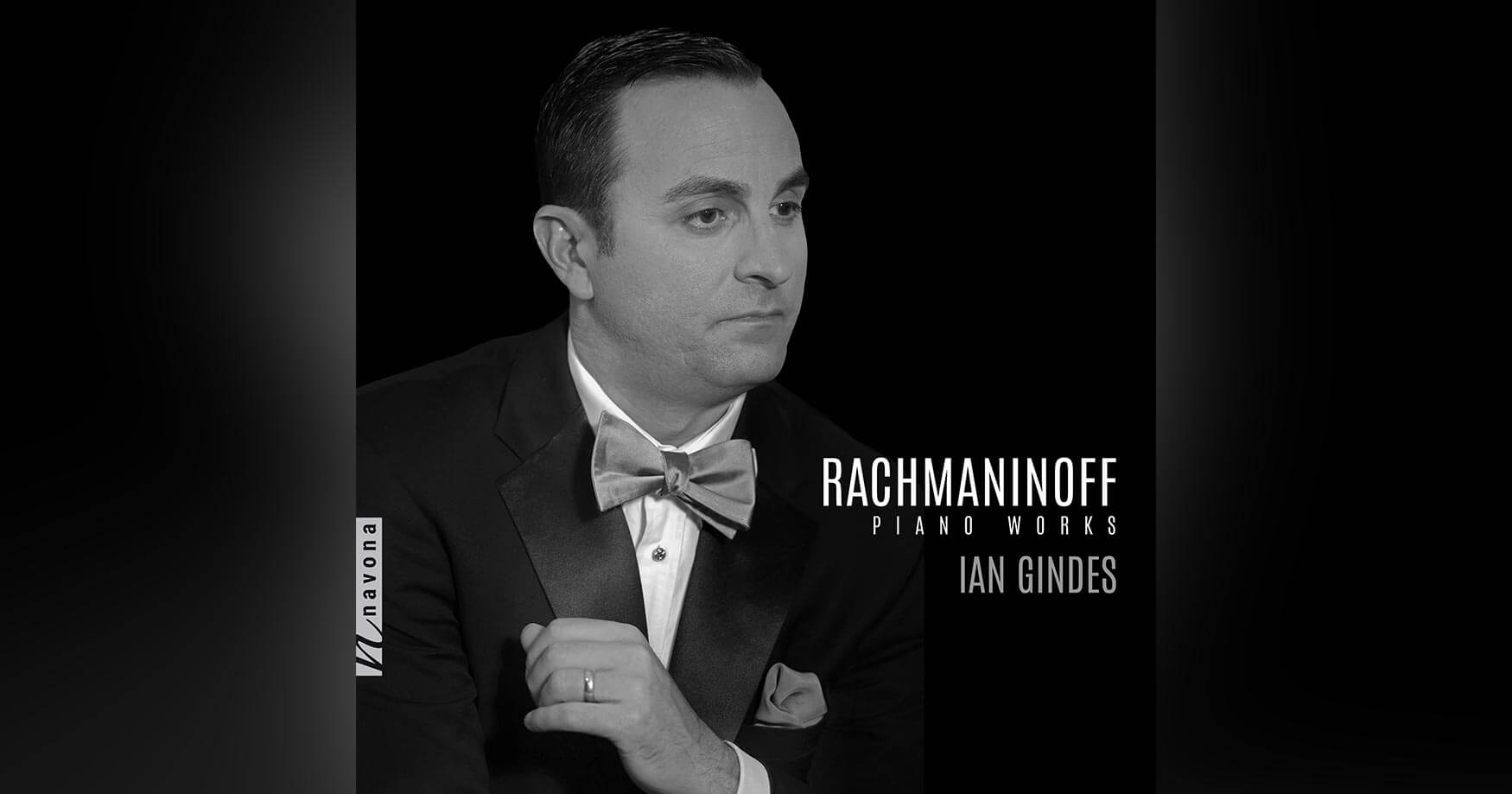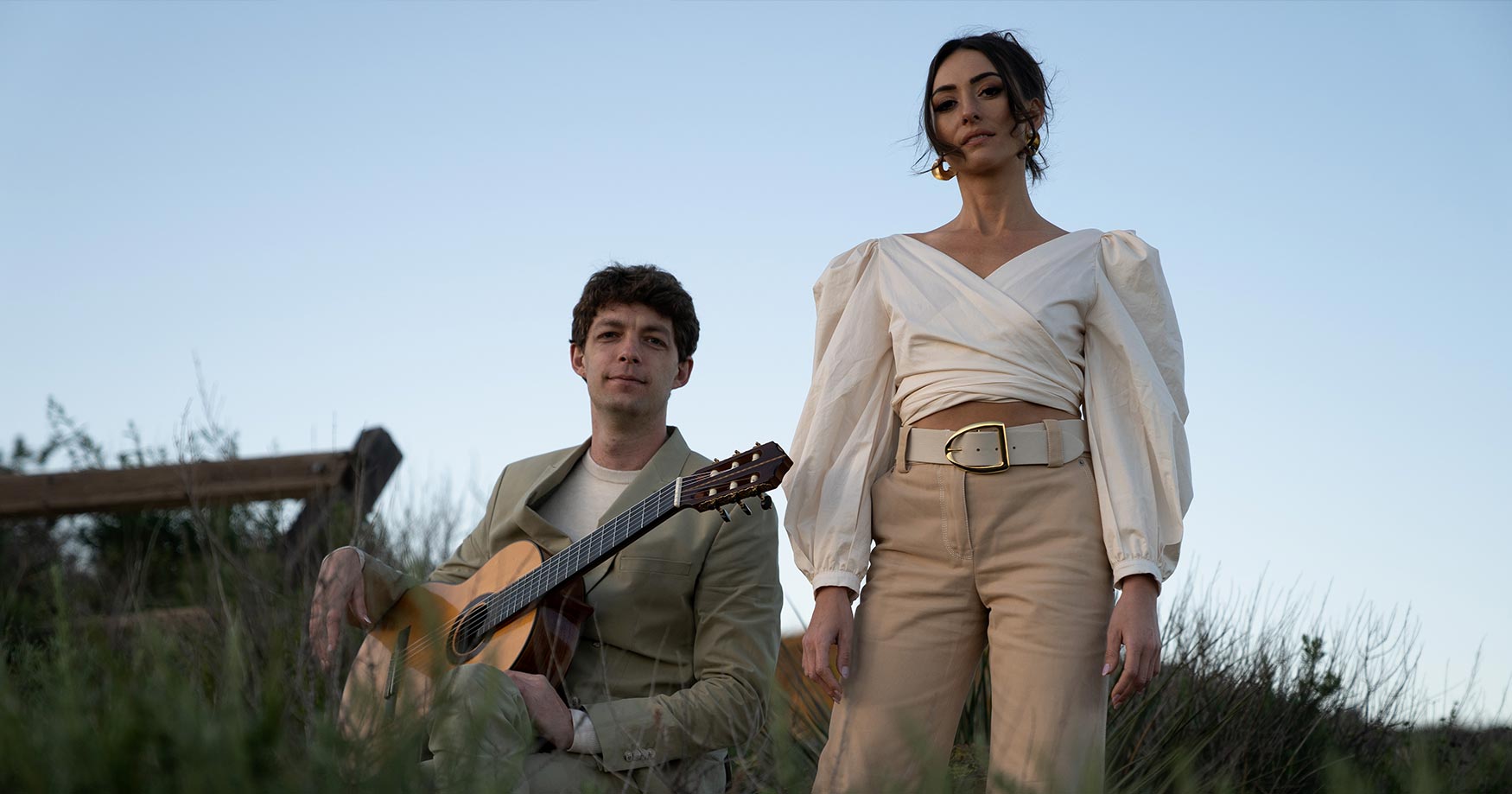Hailed by The Australian as possessing a “rare gift as a melodist” and by Limelight as expressing “both exquisite delicacy and tremendous power,” Australian composer Lachlan Skipworth writes across the mediums of orchestral, chamber, vocal, and experimental music. His vivid musical language is colored by three years spent in Japan where his immersion in the study of the shakuhachi bamboo flute inevitably became a part of his muse. This is immediately evident in Lachlan’s major orchestral work of 2018, Breath of Thunder, for the Sydney Symphony Orchestra, Japanese drumming group Taikoz, and shakuhachi grand master Riley Lee.
However, it was winning the prestigious Paul Lowin Prize for orchestral composition two years earlier which truly established Lachlan’s reputation, leading to a string of major commissions and his appointment as composer-in-residence with the West Australian Symphony Orchestra. In 2015, Lachlan co-founded Intercurrent, a new music performance project presenting contemporary chamber music with a goal to highlight cutting-edge musicianship and works of compelling artistic vision.
Today, Lachlan is our featured artist in “The Inside Story,” a blog series exploring the inner workings and personalities of our artists. Read on to discover some of the unique locations in which Lachlan has composed, and why he chose these spaces…
What does it mean to be a composer in the 21st Century?
A difficult question first up! There are many kinds of composers, many methodologies, but I simply like to distill the way I see the world. Humanity sits upon the cusp of both unimaginable technological advances and the simultaneous collapse of our global environment. So there’s a lot to express. But rather than dealing with specifics, I tend to respond in a more subconscious manner to the cumulative effect of being alive in today’s world. An ongoing personal challenge is to speak all this through the same medium as Mozart, Brahms, et al, and be able to add something worthwhile to the conversation. A futile task perhaps, but I want to aim high.
We’d like to hear your ideas on creativity. Can you tell us about your practice and how you like to work?
As a society we are conditioned to think of music as “art,” most likely because we’re dealing with emotions and ways to manipulate how people feel. Perhaps I prefer the word “craft” though. Anyway, the ancient Greeks placed music alongside science and mathematics, and we know Pythagoras was intrigued by the complex ratios between notes of the scale. In that sense, I’m probably more of a “left-brained” person too. I take a very technical approach to generating, selecting, and assembling my material, but this is always geared towards an emotional goal. The final compositional stage is where I step back and work more intuitively to what then becomes my “art.”
Working so deeply in music, do you find you need an outlet away from all those notes?
Not necessarily. I have a continual thirst for music that amazes me, music that’s arresting, and music that makes me feel as if I’ve just discovered music itself. So I’m always seeking inspiration from new places and I don’t think I’ll ever stop that. But I learned that I must reflect that constant searching in my own practice. I had a crisis some years back when I mistakenly thought that I had found my “style,” a language that could be my signature sound across my entire career. But the next time I tried to write like that I got bored… and stuck. Then I stopped enjoying writing and became really unsatisfied with everything I did. So from then on, I’ve made sure that every piece has something new or different, just to keep myself interested. Otherwise, it’s simply too hard to sustain for me. As for a suitable non-musical outlet, I invest much time to playing with my daughter who’s approaching 3 years old.
So listening is an important part of your practice. Does that feed into what you write?
Yes, and when something new grabs me I just have to know how it works on a technical level. I’ll try to analyse and re-synthesise it in a new context. And throughout this I’ll wrestle the material so it adheres to my own musical instincts, those core aesthetic values that guide me and give me a “voice.” And reconciling all this usually leads to new creative territory and interesting works. A key example on the album is Intercurrent, the “reverse canon” in which a recording of the piece is played backwards while the live players play it forwards over the top. Swirling patterns of reversed piano and marimba overlap in an almost Reichian manner to give the piece its unique sound world. Of course, I have loved all these sounds for many years, but the technical challenge of combining them in my own way led to the discovery of new artistic ground.
Does the setup of your work space play a role in your work?
It’s important for me to be away from everything and everyone when I compose. I really need to “play” in the true sense of the word while exploring my materials and idea. This is very much a private activity as it’s a really fragile headspace, in which I’m quite sensitive to outside feedback. I try to keep the physical space itself quite blank because I want the sounds themselves to be the stimulus. Looking back over the works I’ve written to date, it’s really interesting to consider where I’ve composed particular pieces. Before I had my current space at home many were written in university practice rooms late at night, and on this album The Night Sky Fall was written in an attic in Weimar, Germany in which I couldn’t stand up. And I find sometimes these little hardships give you a determined approach that makes a better piece.
And finally, can you reflect on the occasion of releasing your debut album?
I started imagining an album over 10 years ago, so it is a significant milestone for me. The hard part has been to find a collection of enough works that I’m happy to have represent me—for a long time the older works would fall out of favour as the newer ones appeared. So I’m really happy that these works display a variety between them while maintaining a definite sense that they’re all me. And I do hope it is less than ten years before my next release—I’ve got a series of orchestral works that I’d like to put together soon!

LACHLAN SKIPWORTH is now available for streaming or purchase through Navona Records. Click here to explore this new album.



